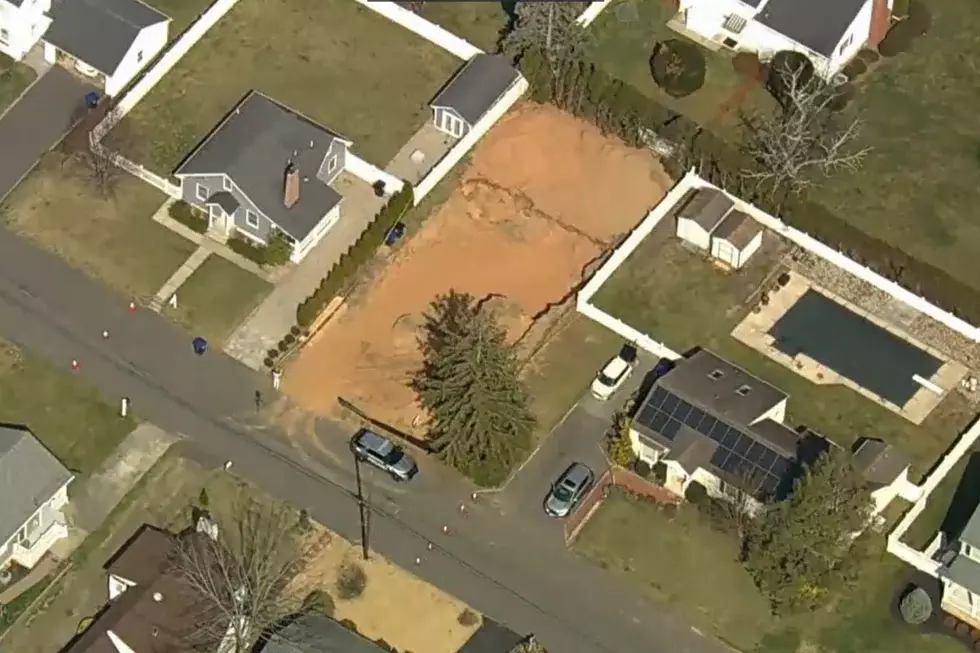
Bzz! These bees are keeping the garden in the Garden State
They’re hard at work at farms all over the Garden state, helping to produce outstanding Jersey Fresh fruits and vegetables at this time of year.
But these aren’t your normal workers. In fact they aren’t even human.
They’re bees.
“Garden State farmers rely on honeybees to help them produce high quality fruits and vegetables,” said New Jersey Department of Agriculture state Apiarist Tim Schuler. “Eighteen thousand colonies come into New Jersey for blueberry pollination every year, and some of them stay for cranberry pollination.”
He said last year “the value of New Jersey crops pollinated by honeybees was about $156 million.”
Schuler said as the honeybee transfers pollen from one flower to the next, “it allows for a greater size in the fruit, more uniformity to the fruit, and the quality of the fruit is improved as well.”
He added “you get a nice uniformly sized apple, Most people don’t want to pick the crooked apples that are fat on one side, skinny on the other, and the same when it comes to cucumbers and melons and stuff like that."
He said honeybees are used to pollinate cucumbers, squash, blueberries, apples, cranberries, pumpkins, and melons.
“Farmers want to have adequate numbers of honeybees so they get the maximum efficiency out of whatever their inputs are to produce a crop,” Schuler said.
He said that over the past few years, the worldwide bee shortage has recovered significantly, because scientists figured out a way to control a parasitic mite called the Varroa mite that was attacking and killing honeybees.
“New Jersey has a very strong and vigorous bee pollination industry,” he said. “But most commercial migratory beekeepers winter in the southern states to maintain strong colonies.”
He also said with all the recent attention focused on the plight of the honeybee, a lot more Jersey residents have become amateur beekeepers.
“They have a couple of hives usually in their backyard. They do it as a hobby. It helps to provide pollination for their neighbors gardens and fruit trees and things like that,” he said.
But are the bees really safe?
“Honeybees are such great pollinators because they’re manageable,” Schuler said. “They orient themselves in their hive based on where the sun is. They memorize the location of the hive then come back to that location at night. They stay in the hive overnight then they will go out and forage in a 2- to 3-mile radius very efficiently around where their hive is located.”
He said the bottom line right now is “we’re sitting in pretty good shape, but just that quickly the mites that are being controlled could development a resistance to the treatment and then beekeepers would not be able to adequately control the parasite and protect their colonies, so it’s something they must monitor constantly. And certain pesticides can be harmful to honeybees, but many researchers continue to work on this issue.”
More from New Jersey 101.5:
More From New Jersey 101.5 FM









